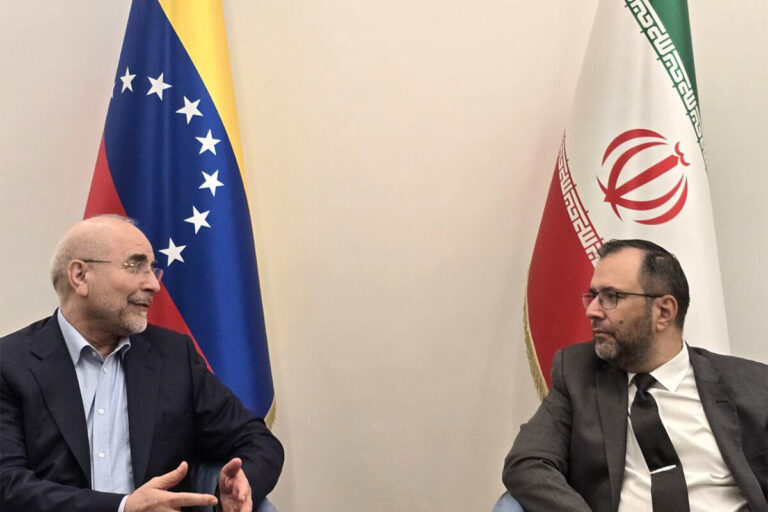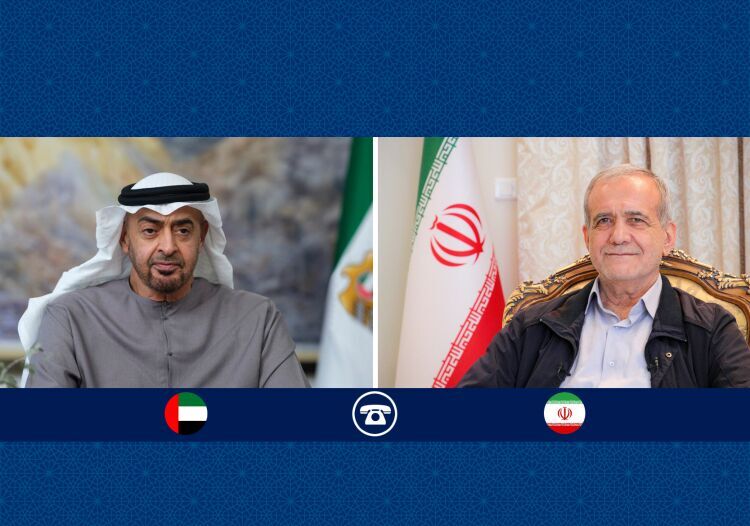
Similar Posts
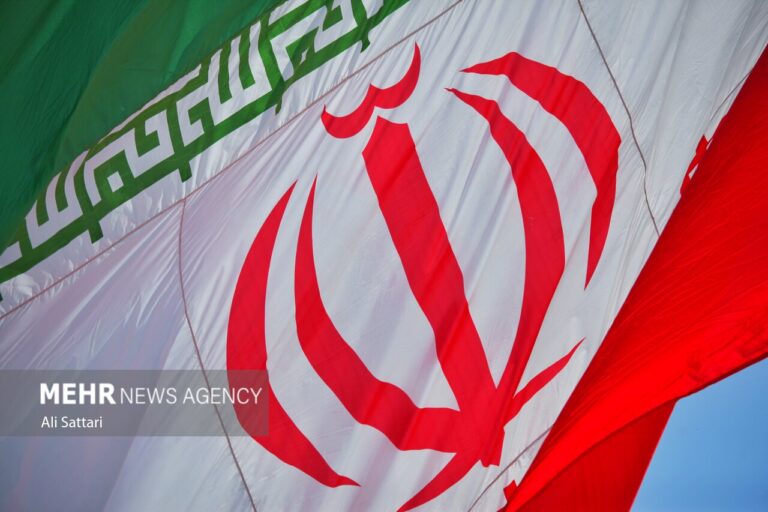
Iran Stands Firm: Resisting US Pressure Amid Betrayal and Threats
The United States has shown unreliability in international agreements, particularly with its unilateral withdrawal from the JCPOA in 2018, which aimed to regulate Iran’s nuclear program. Despite U.S. sanctions and aggressive tactics, Iran has remained resilient, asserting that any negotiations must respect its rights. While direct talks with the U.S. are off the table unless threats are eliminated, Iran is open to indirect negotiations. Iranian leaders maintain that they will not compromise their legal rights or tolerate aggression. As tensions escalate, Iran emphasizes its military readiness and commitment to a peaceful nuclear program under international oversight.
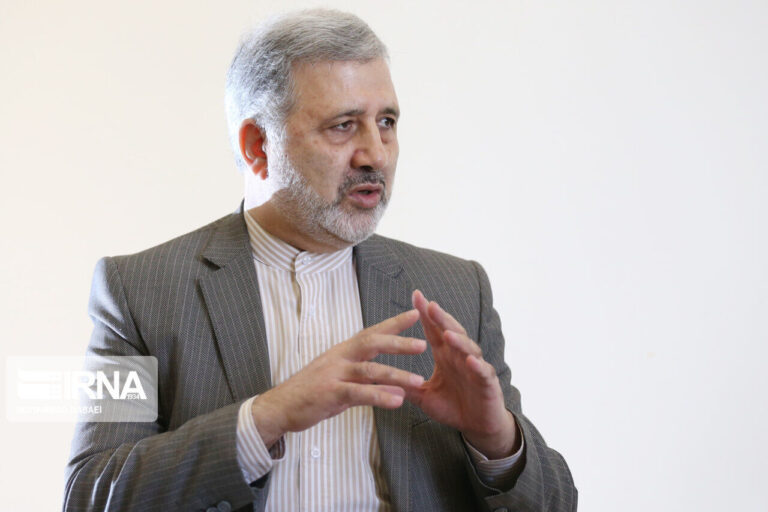
Strengthening Ties: Saudi Defense Minister’s Iran Visit Paves the Way for Enhanced Bilateral Relations, Says Ambassador
Tehran is experiencing a notable shift in diplomatic relations, particularly following Saudi Defense Minister Prince Khalid bin Salman Al Saud’s recent visit. Iranian Ambassador to Saudi Arabia Alireza Enayati highlighted the visit’s significance for enhancing Iran-Saudi ties. Meetings with high-ranking officials, including Iran’s Supreme Leader, could establish a broader framework for cooperation. Discussions centered on military and defense collaboration, reflecting Saudi Arabia’s autonomous role. Enayati emphasized the potential for economic and social development in the region. Amid ongoing conflicts, cooperation is increasingly vital, with both nations engaging in dialogue on the Palestinian issue and positive developments in U.S.-Iran negotiations.
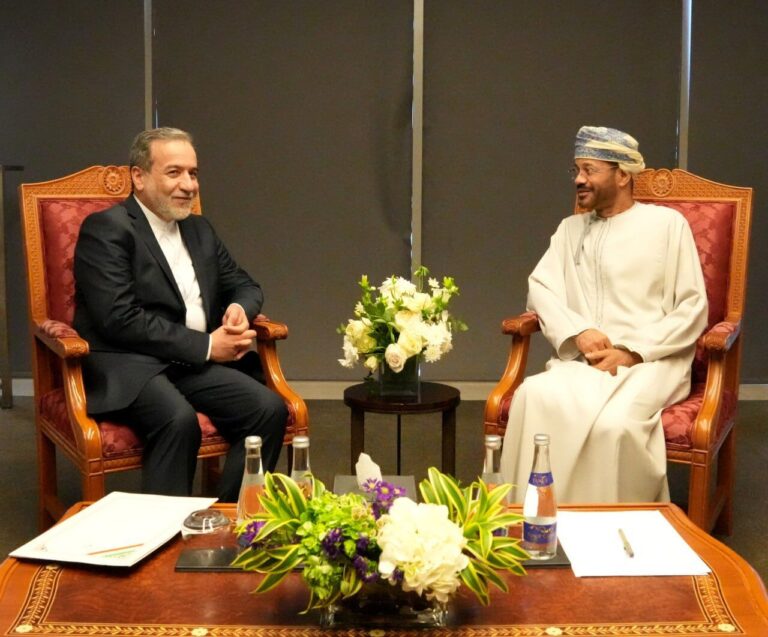
Strategic Diplomacy: Iranian and Omani Foreign Ministers Convene in Muscat Ahead of Pivotal Iran-U.S. Talks
Iran’s Foreign Minister Abbas Araqchi is in Oman for critical talks with the U.S. on lifting anti-Iran sanctions, mediated by Oman’s Foreign Minister Sayyid Badr Albusaidi. Araqchi expressed gratitude for Oman’s facilitation and reaffirmed Iran’s firm stance on key negotiation issues, emphasizing uranium enrichment as a non-negotiable aspect of Iran’s nuclear program. Albusaidi confirmed Oman’s commitment to the discussions and provided updates for the upcoming fourth round of negotiations. Araqchi expressed optimism for constructive dialogue, stressing the importance of direct communication over media channels, as both sides hope for a positive outcome affecting Iran’s nuclear ambitions.
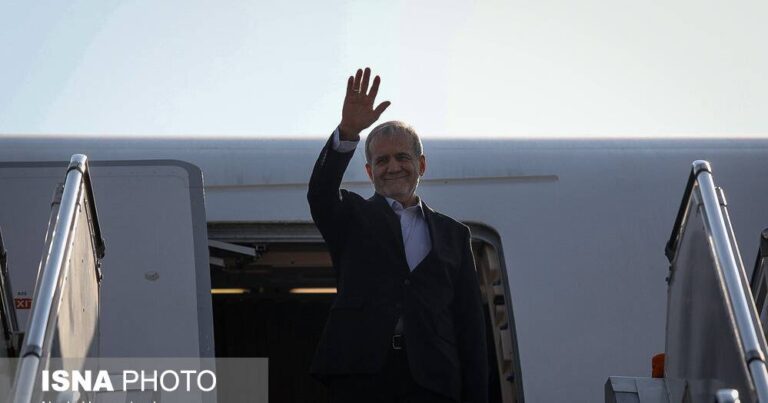
Tajikistan Welcomes Iranian President for Historic First Foreign Visit of 2025
Iranian President Masoud Pezeshkian is on his first foreign visit of 2025 to Tajikistan, aiming to strengthen bilateral ties between the two nations. The visit is expected to result in around 20 cooperation agreements across various sectors, including trade, investment, water and electricity, technical engineering, transportation, tourism, and university research. These agreements will enhance economic collaboration and cultural exchange, reinforcing their historical connections. Discussions will also focus on security cooperation amid complex geopolitical challenges. This visit is seen as a strategic initiative to foster long-lasting partnerships and regional stability, with significant implications for both countries and Central Asia.
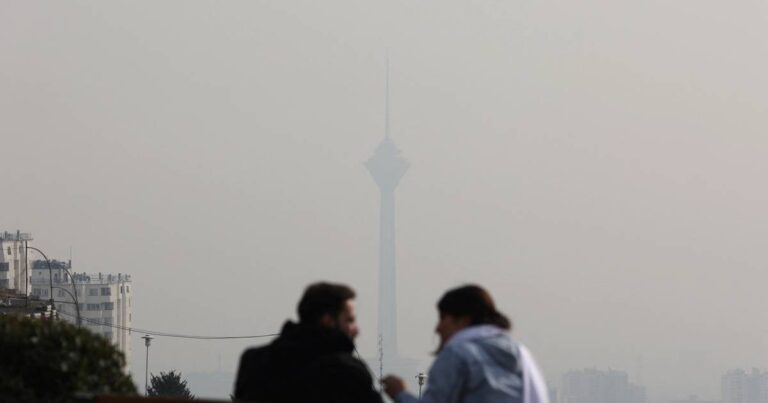
Iran’s Rare Diseases Chief Links High Prevalence to Familial Marriages: A Growing Health Concern
The prevalence of rare diseases in Iran is a significant concern, largely attributed to consanguineous marriages, according to Hamid Reza Adraki, CEO of the Iranian Rare Diseases Foundation. He emphasizes the urgent need for enhanced genetic counseling and public health initiatives to address this issue. Consanguineous marriages increase the risk of autosomal recessive diseases and fetal loss. Adraki advocates for assessing family histories, educating couples about genetic risks, and providing guidance on reproductive options. Raising awareness about the health implications of familial marriages can help shift cultural perceptions and reduce their incidence, ultimately leading to healthier families in Iran.
